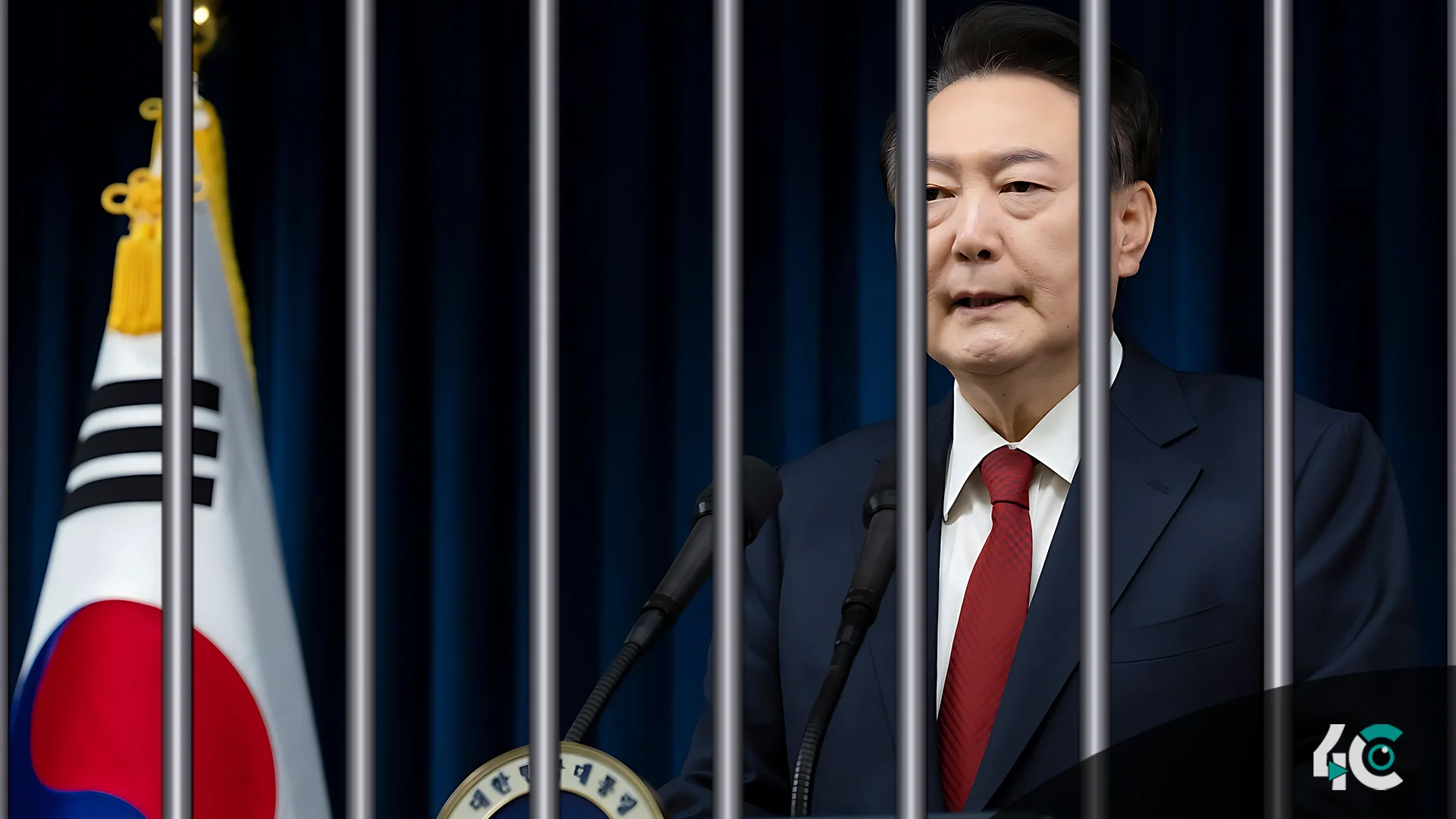On January 15, South Korean officials arrested impeached President Yoon Suk Yeol, an extraordinary move. The detention of a sitting president is a first in the country’s history. Yoon’s detention follows his controversial declaration of martial law in December, which parliament later reversed, leading to political instability.
A lengthy encounter with police at Yoon’s home led to his arrest. South Korean police, along with anti-corruption detectives, arrived early in the morning to carry out the arrest. Despite efforts to prevent them entry, law officers successfully infiltrated the perimeter and apprehended Yoon without incident.
The arrest comes after a failed effort earlier in January, when Yoon’s security team prevented authorities from carrying out the warrant. Police had to flee after a lengthy standoff, but the arrest warrant remained in effect, leading to today’s successful operation.
Yoon declared martial law in December in response to what he saw as threats from North Korea and internal anti-state groups. However, his acts prompted widespread condemnation, both domestically and internationally. The South Korean parliament promptly moved to impeach him, and the Constitutional Court is currently deciding whether to uphold his impeachment or restore his powers.
The legal implications of his actions are significant. Investigators are currently investigating uprising accusations, given that conducting an uprising in South Korea carries the potential for life imprisonment or even the death penalty. Meanwhile, the country remains split, with many closely watching the events unfold. Yoon’s political future remains uncertain, and his detention marks a watershed event in South Korean political history.
































